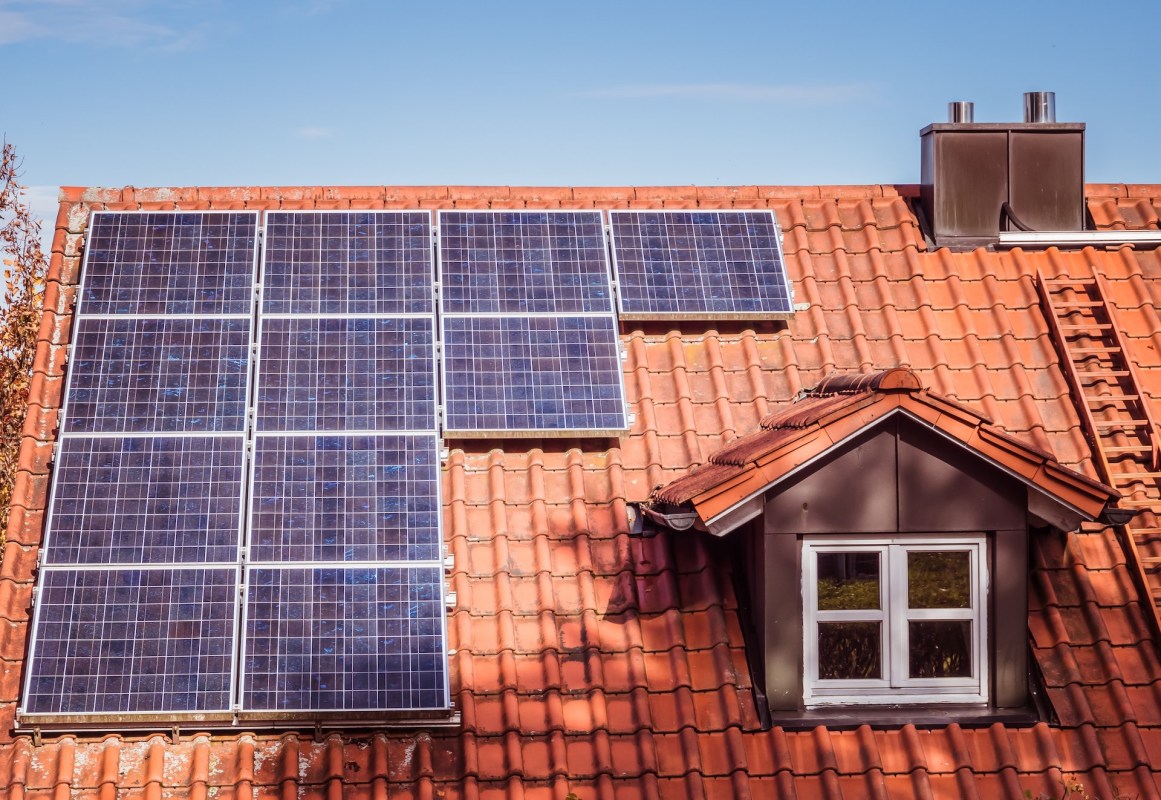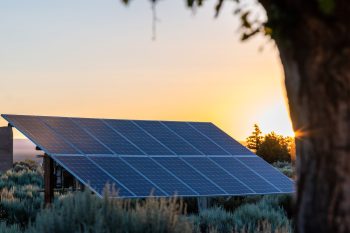They say home is where the heart is, and one Washington, D.C., resident recently proved that love doesn't have to cost a thing. To be more specific, Aurora Ferrari has proved that her accessory dwelling unit doesn't have to cost the environment.
As detailed by the Washington Post, after passing the city's rigorous energy evaluation, it has been determined that the structure that stands between Ferrari's backyard and an alley is home to the city's first "net-zero" accessory dwelling unit, or ADU. The 600-square-foot apartment makes more energy than it uses.
Ferrari, a native of Italy who owns an import business for Italian cabinets and fixtures, has always been interested in sustainable design and hopes construction like that used in her ADU will become mainstream in the United States.
"It pains me seeing so much energy wasted, even in my own house," Ferrari told the Post, further stating that she hopes her alleyway ADU will serve as "an example that can inspire other people."
Even for someone so well-versed in how to go about making sustainable building a reality, Ferrari pointed out that "it just requires deliberate planning and deliberate thought."
She outlined to the Post how to go about it.
First, she advised anyone interested in building a net-zero property to do the research to ensure they take advantage of resources available for green building, including any of the multiple federal tax breaks, rebates, and subsidies, which expanded after the passage of the Inflation Reduction Act.
These incentives could help you install electric appliances, heat pumps, and electric water heaters, allowing you to avoid using natural gas in your home. It has become increasingly evident that it harms our health and the environment.
She also recommended using eco-friendly building materials, which don't have to be fancy and can often be sourced locally. Further, she said to ensure the suppliers you use are also environment-friendly, pay close attention to companies that use solar energy, and avoid plastic packaging, as contractors often lament the waste in their industry.
Lastly, she said to work with the sun, build for your specific environment, and make sure your building is airtight.
Ferrari pointed out that in addition to net-zero certification, you can also get "passive house" certification, which requires reducing the need for energy through insulation and airtightness. Passive architecture has also grown in popularity, leading to some extraordinary buildings.
As to her hope that this style will catch on, Ferrari optimistically told the Post that creating an energy-efficient building is "not rocket science. It's common sense."
Join our free newsletter for weekly updates on the coolest innovations improving our lives and saving our planet.








